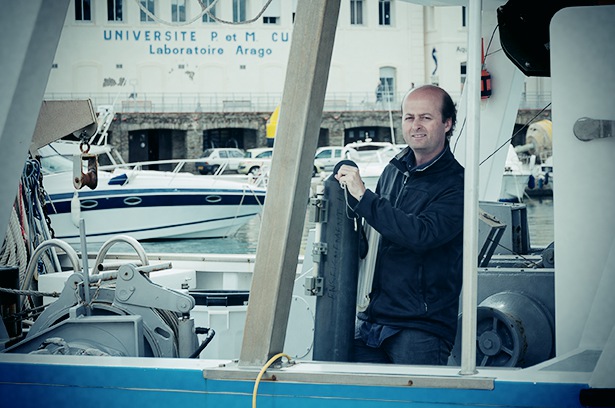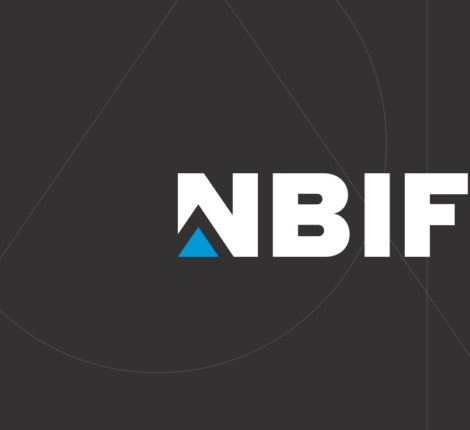- May 30, 2013
- Applied Research
- Comments : 0
$500,000 To Hire New Research Technicians

The New Brunswick Innovation Foundation (NBIF) today announced recipients of its $500,000 Research Technicians Initiative (RTI). Seven applied researchers at various New Brunswick post-secondary institutions will use the funding to hire the technician they need to fast track their innovations.
One of those projects is a heat resistant, non-toxic liquid plastic that conducts electricity and, according to the researcher, could be used to make aircraft batteries safer. Another is a technology that could end with the creation of a true 3D camera. Current technology combines 2D images to create the illusion of 3D. A third is a project that will determine how decomposing organic matter naturally turns into fossil fuel, with specific applications for the oil, gas and bio-fuel industries. Only a miniscule amount of decomposing organic matter is preserved in the form of fossil fuel.
“Applied researchers at our research organizations are innovative by nature, in fact, innovation is what they do, and when they’re on the verge of a breakthrough with commercial potential, additional research talent is needed to help speed up the process,” says NBIF Chair Robert Hatheway, “because researchers always have several projects underway, not to mention a teaching load, the RTI helps them hire other researchers so they can commercializeation their innovations faster.”
The RTI is awarded in partnership with the New Brunswick Department of Post-Secondary Education, Training and Labour (PETL). In total, $500,000 was awarded by NBIF and matched by each research organization. The funding covers 50% of the salary and benefits of seven new research technicians for three years. Research technicians are most often PhD trained scientists and engineers.
“Our government is pleased to be able to support the Research Technicians Initiative of the NBIF,” says PETL minister Danny Soucy, “helping to grow the New Brunswick economy through innovation starts with education and learning, and when instructors have the resources to do leading edge research, what they learn finds its way into their classrooms and labs and impacts the way students look at economic opportunities.”
For a complete list of all projects, descriptions and amounts, click here.
Since 2003, NBIF and PETL have awarded $4.5 million to create 67 new positions under the Research Technician Initiative, unlocking $21 million more from recipient institutions, national granting councils and industry.

